Optimal Timing for Masonry Service
Masonry service is most effectively performed during moderate weather conditions. Ideal periods are typically in spring and early fall when temperatures are neither too hot nor too cold. Consistent, mild weather helps ensure proper curing and adhesion of mortar and other materials.
Spring offers optimal temperatures for masonry work, reducing the risk of mortar cracking due to extreme heat or cold.
Avoiding winter and peak summer months minimizes delays caused by rain, snow, or excessive heat that can compromise masonry quality.
Spring and fall often have more flexible scheduling options for masonry projects due to favorable weather conditions.
Materials like mortar and concrete perform best when temperatures are between 50 and 85 degrees Fahrenheit.
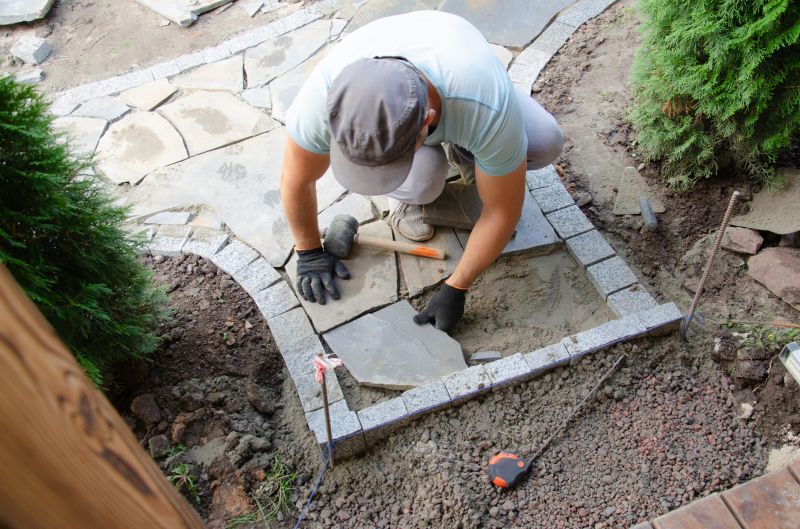
Spring masonry projects benefit from mild weather that promotes optimal curing.
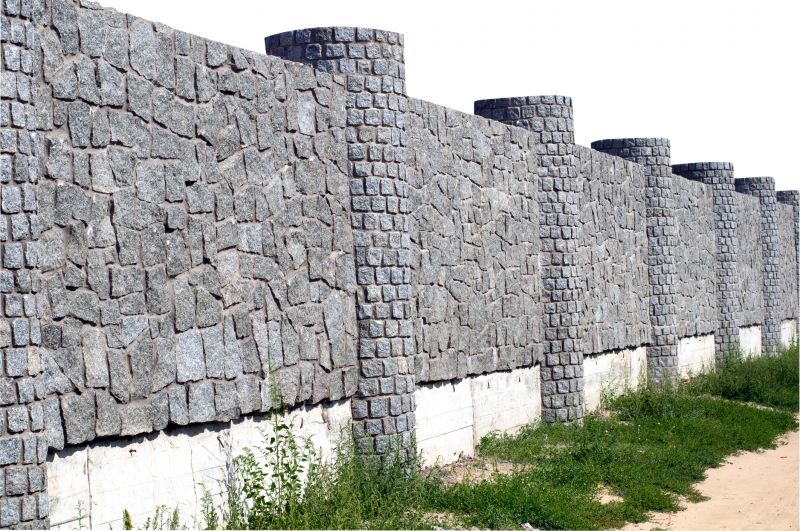
Fall provides cooler conditions ideal for durable and long-lasting masonry structures.
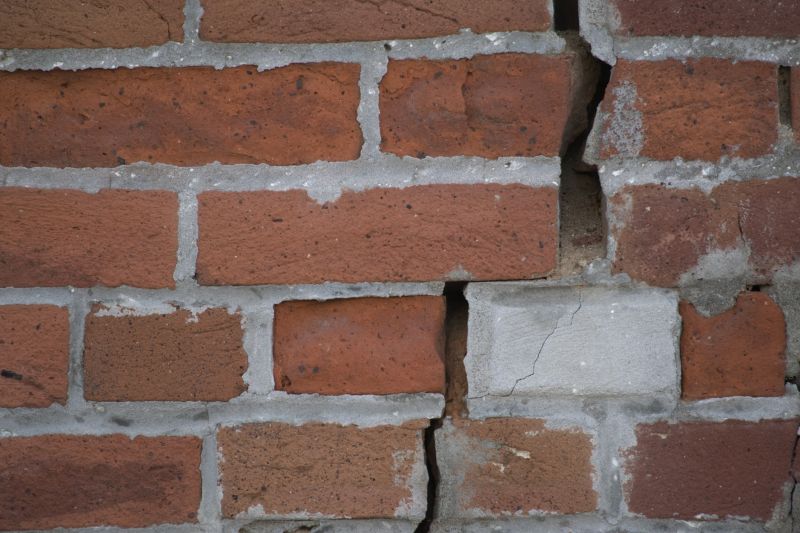
High temperatures can cause mortar to set too quickly, leading to cracking or weak joints.
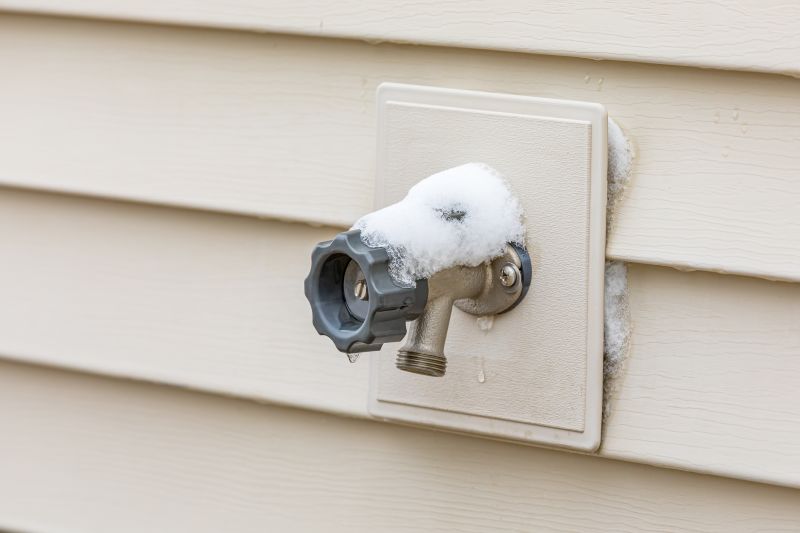
Cold weather can hinder curing and may require special procedures or postponements.
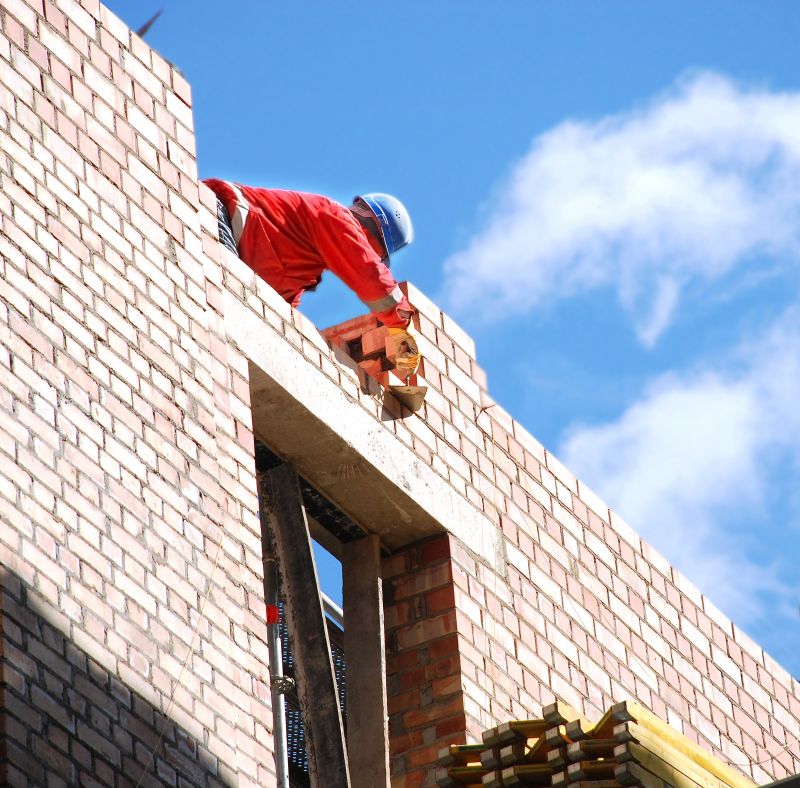
Performing masonry within 50-85°F ensures best material performance.

Rain and snow can delay work and affect the quality of masonry installations.
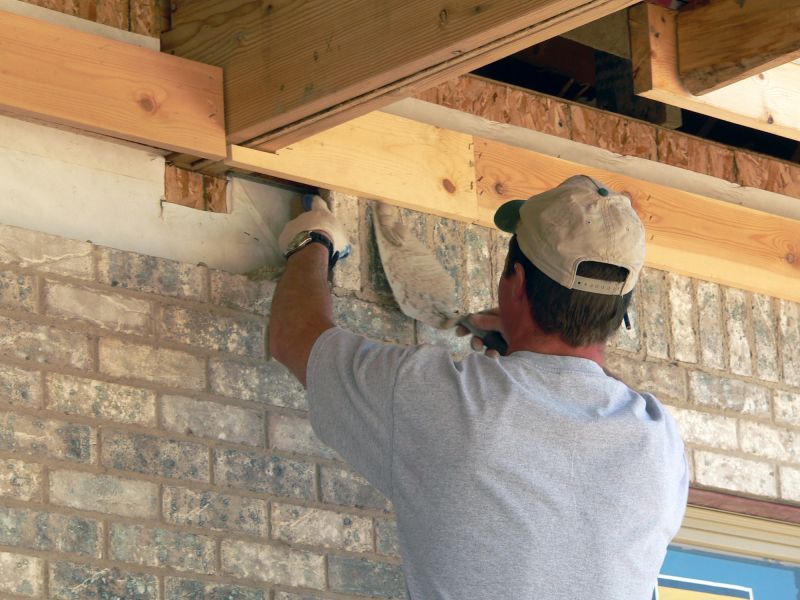
Planning masonry projects during favorable seasons helps avoid delays and rework.

Ways to make Masonry Service work in tight or awkward layouts.

Each season presents unique challenges and benefits for masonry work.
| Season | Optimal Conditions |
|---|---|
| Spring | Moderate temperatures, less humidity, ideal for curing. |
| Summer | High temperatures may require measures to prevent cracking. |
| Fall | Cooler, dry weather supports durable masonry. |
| Winter | Cold and wet conditions can delay or compromise work. |
Masonry service involves the construction, repair, and restoration of structures using materials such as brick, stone, and concrete. Proper timing ensures long-lasting results, minimizes rework, and maintains structural integrity. Seasonal weather patterns influence the quality and durability of masonry work, making it essential to plan projects during suitable periods.
Statistics indicate that projects performed during optimal weather conditions experience fewer delays and lower material wastage. Properly timed masonry work can extend the lifespan of structures and reduce maintenance costs over time.
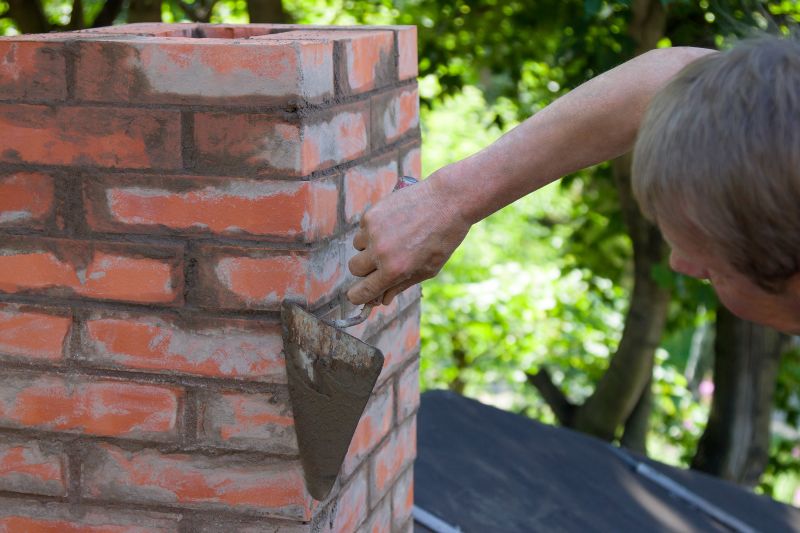
Ideal for new constructions and repairs due to favorable weather.

Supports projects requiring durable, weather-resistant finishes.
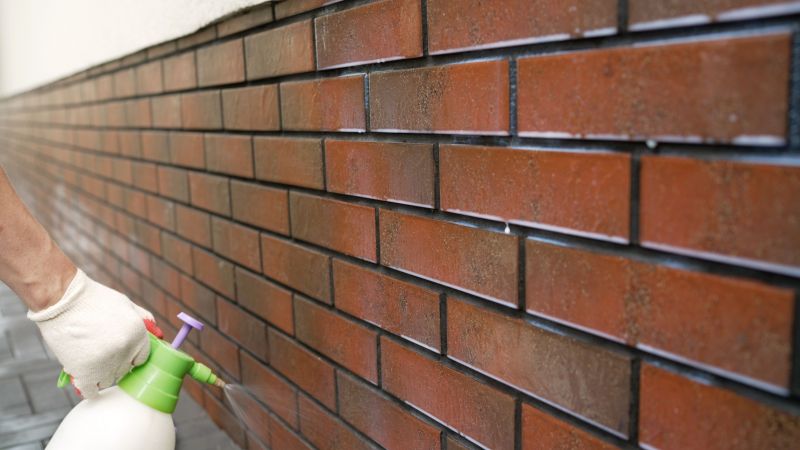
Requires precautions against high heat and humidity.

Often involves specialized techniques or postponements.
Interested in scheduling masonry service at the most suitable time? Filling out the contact form can help coordinate timing to ensure optimal results for any project.
